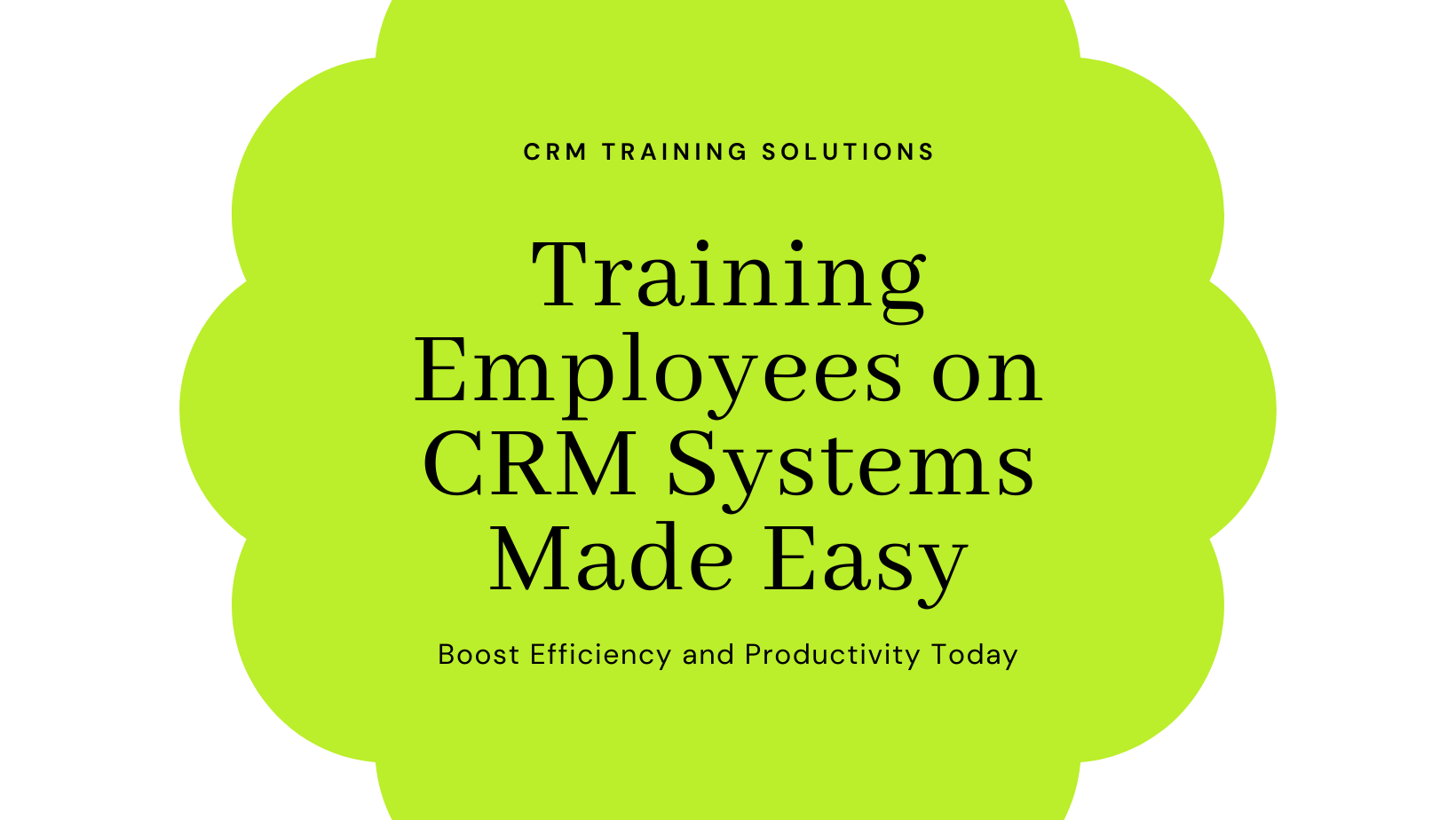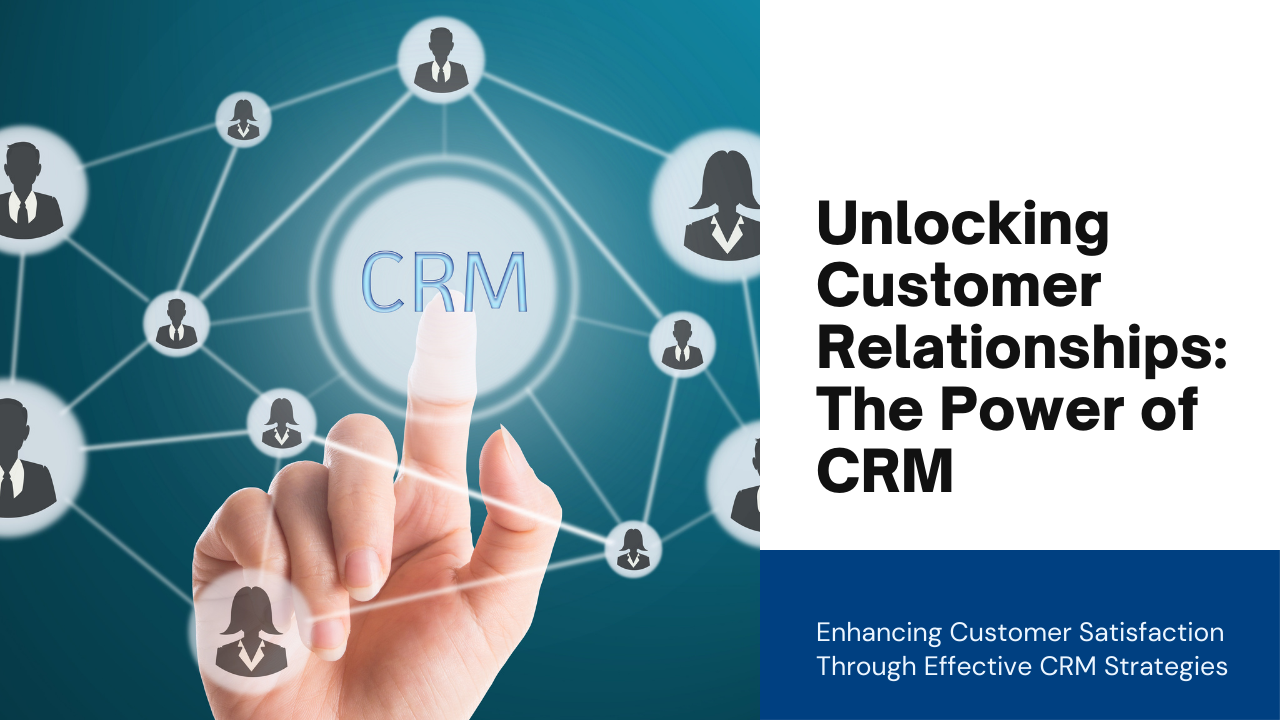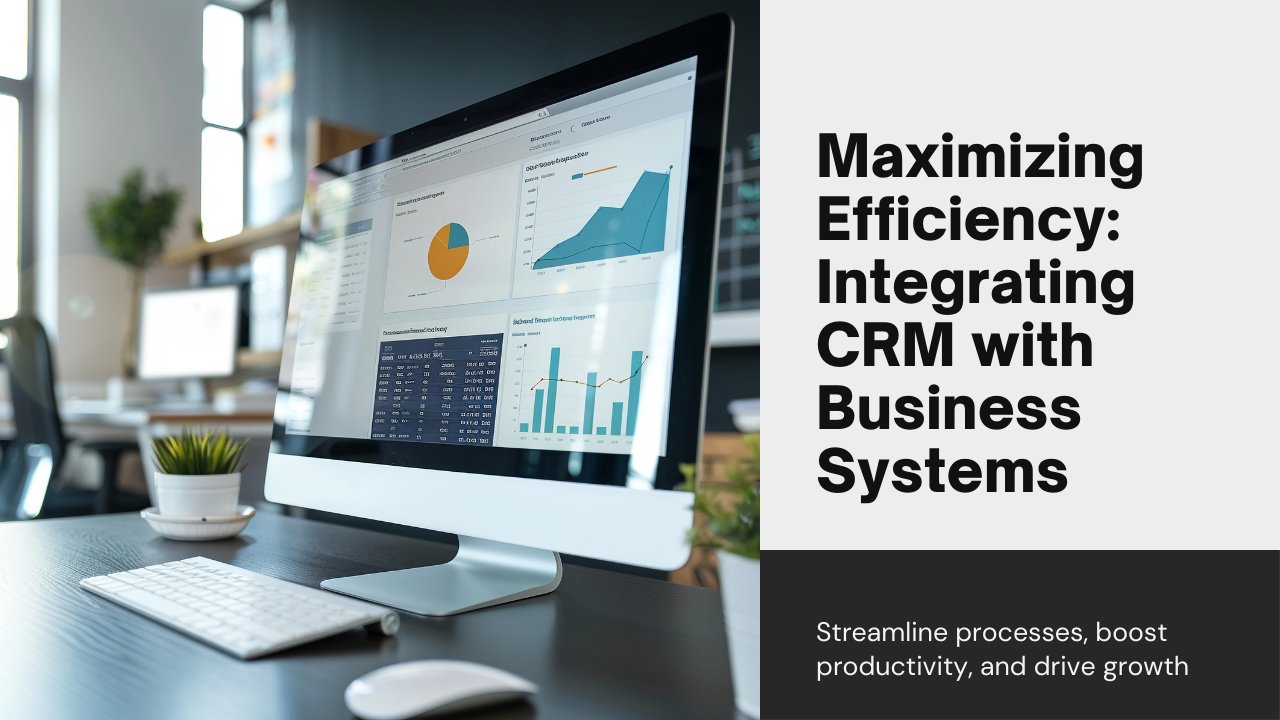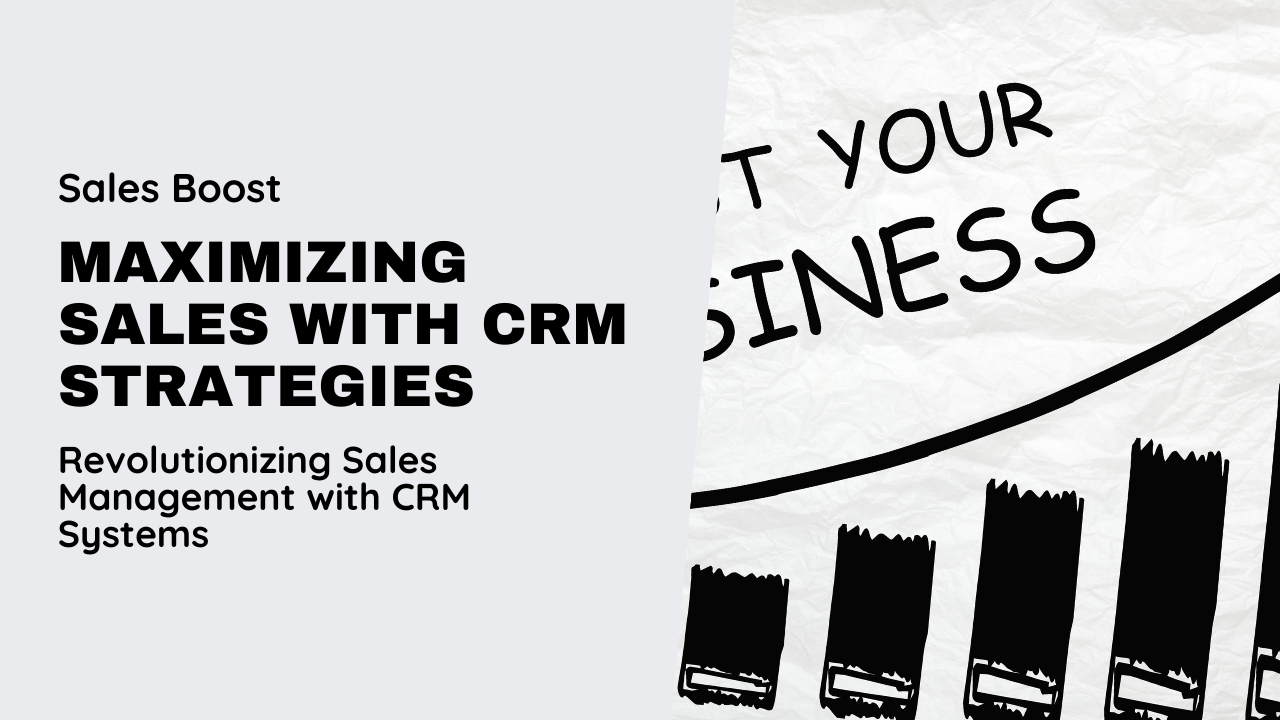In today’s digital era, Customer Relationship Management (CRM) continues to evolve as a pivotal strategy for businesses aiming to cultivate lasting customer relationships, enhance operational efficiencies, and drive sustainable growth. This blog explores the future landscape of CRM systems, highlighting emerging trends, technological advancements, benefits, and strategic considerations for businesses to thrive in a customer-centric environment.
Evolution of CRM: From Data Management to Customer Engagement
CRM systems have transitioned from traditional data repositories to dynamic platforms that integrate customer data, automate processes, and enable personalized interactions across multiple touchpoints. The future of CRM extends beyond transactional relationships to focus on holistic customer engagement and predictive analytics-driven insights.
Emerging Trends Shaping the Future of CRM
1. AI-Powered Automation and Predictive Analytics
Artificial Intelligence (AI) and machine learning are revolutionizing CRM capabilities by automating routine tasks, predicting customer behaviors, and recommending personalized actions. AI-driven chatbots, sentiment analysis, and predictive lead scoring empower businesses to deliver timely, relevant experiences that anticipate customer needs.
2. Omni-Channel Customer Engagement
Customers expect seamless experiences across various channels, including websites, mobile apps, social media platforms, and physical stores. Future CRM systems will support omni-channel integration to unify customer interactions, ensure consistency, and optimize engagement through personalized content and targeted communications.
3. Integration of IoT and Big Data
The Internet of Things (IoT) devices and Big Data analytics are reshaping CRM strategies by capturing real-time customer data from connected devices. CRM systems will leverage IoT insights to deliver proactive customer service, monitor product usage patterns, and anticipate maintenance needs, enhancing operational efficiency and customer satisfaction.
4. Blockchain for Data Security and Transparency
Blockchain technology promises enhanced data security, transparency, and trust in CRM systems. By enabling secure data sharing, encrypted transactions, and decentralized customer identities, blockchain enhances data privacy compliance and builds customer confidence in handling sensitive information.
Technological Advancements Driving CRM Innovation
1. Cloud-Based CRM Solutions
Cloud computing has democratized access to CRM functionalities, offering scalability, flexibility, and cost-efficiency for businesses of all sizes. Cloud-based CRM solutions enable real-time data access, seamless updates, and remote workforce collaboration, empowering organizations to adapt swiftly to market changes.
2. Mobile CRM Applications
Mobile CRM applications enable sales teams and customer service representatives to access critical information, update records, and engage with customers on-the-go. Mobile-enabled CRM enhances productivity, responsiveness, and agility, allowing businesses to deliver personalized experiences from anywhere, anytime.
Benefits of Future-Ready CRM Strategies
1. Enhanced Customer Insights and Personalization
Advanced CRM analytics provide deep customer insights, preferences, and purchase behaviors, enabling personalized marketing campaigns, product recommendations, and proactive customer service interventions.
2. Operational Efficiency and Cost Savings
Automation of CRM workflows, streamlined processes, and predictive analytics optimize resource allocation, reduce operational costs, and improve sales forecasting accuracy. Efficient CRM systems empower teams to focus on strategic initiatives and innovation.
3. Improved Customer Retention and Loyalty
By delivering consistent, personalized experiences across channels, future-ready CRM strategies foster customer loyalty, increase retention rates, and generate repeat business. Proactive engagement and timely support build trust and long-term relationships with customers.
Strategic Considerations for Implementing Future CRM Solutions
1. Alignment with Business Objectives
Define clear CRM objectives aligned with business goals, customer-centric strategies, and digital transformation initiatives. Customize CRM functionalities to meet specific industry requirements and address evolving customer expectations.
2. User Adoption and Training
Invest in comprehensive user training programs, change management strategies, and ongoing support to facilitate CRM adoption across departments. Empower employees with intuitive interfaces, role-based access controls, and continuous learning opportunities to maximize CRM effectiveness.
3. Data Privacy and Compliance
Ensure robust data governance practices, GDPR compliance, and data encryption protocols to protect customer information and uphold trust. Implement transparent data management policies and empower customers with control over their personal data preferences.
Future Outlook: Embracing CRM as a Strategic Imperative
As businesses navigate digital transformation and evolving customer behaviors, CRM systems will play a pivotal role in driving competitive advantage, fostering innovation, and sustaining growth. By embracing technological advancements, harnessing customer insights, and prioritizing personalized engagement, organizations can position themselves at the forefront of the future CRM landscape.
Investing in future-ready CRM solutions isn’t just about technology; it’s about empowering teams to deliver exceptional customer experiences, anticipate market trends, and seize new opportunities in a rapidly changing business environment.







